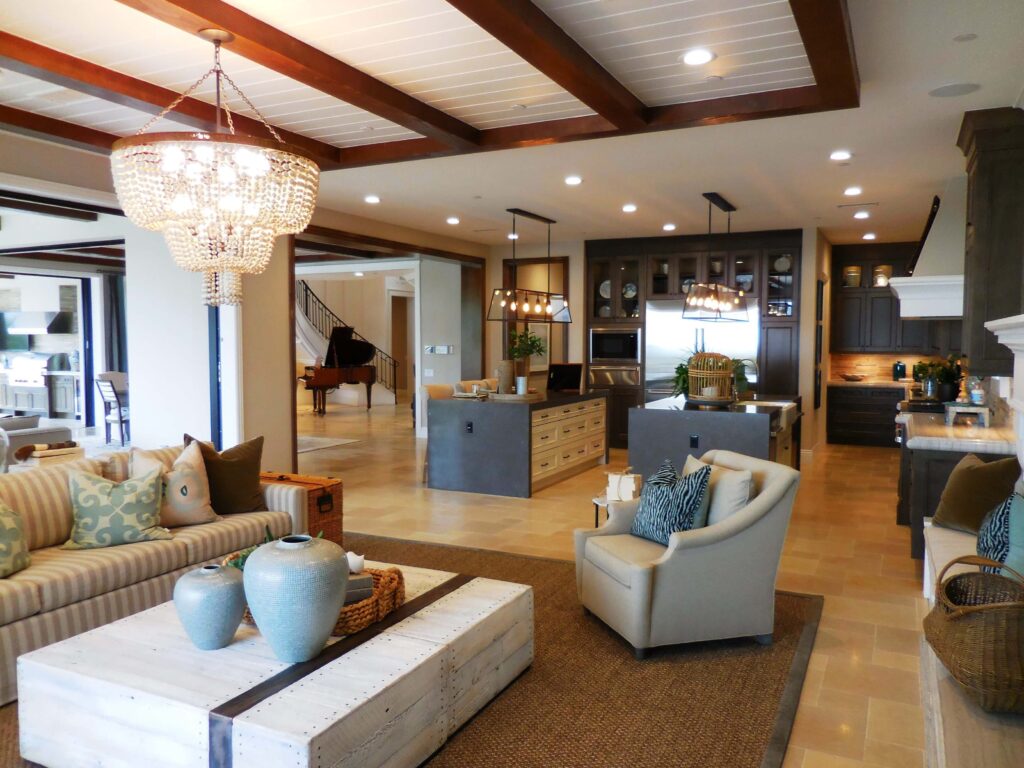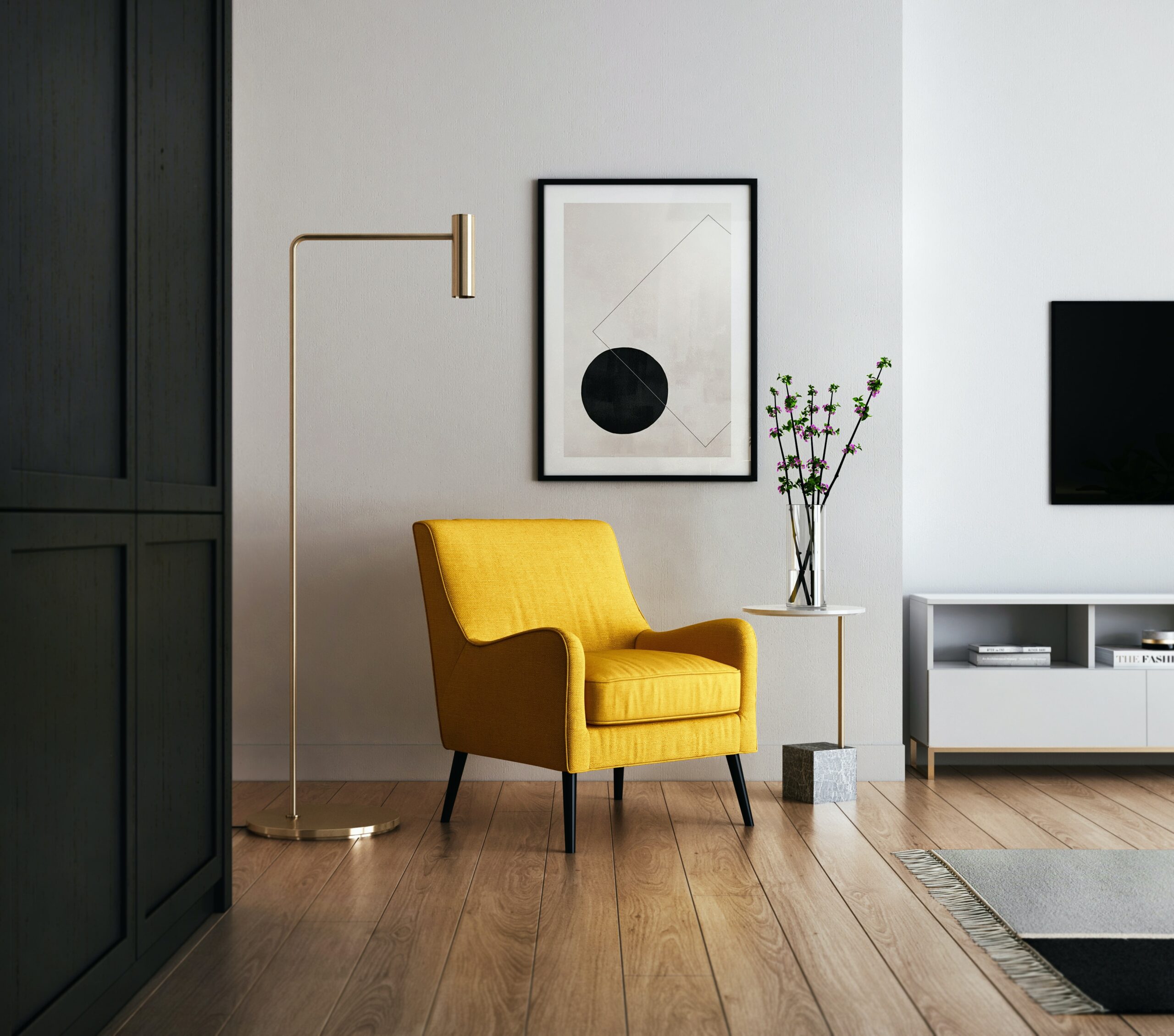Yes, studying arts can be a valuable foundation for a career in interior design. Many successful interior designers have educational backgrounds in the arts or related fields. Art education can provide you with a strong understanding of design principles, aesthetics, and creativity, which are essential components of interior design. Here are some ways studying arts can contribute to your preparation for a career in interior design:
- Aesthetic Sensibility:
- Arts education fosters an appreciation for aesthetics, visual composition, and artistic expression. These skills are fundamental to creating visually appealing and harmonious interior spaces.
- Creativity and Innovation:
- The arts encourage creativity and innovation, helping you develop a unique design style and the ability to think outside the box. Interior design often involves finding creative solutions to design challenges, and a background in the arts can enhance your problem-solving skills.
- Understanding Color and Composition:
- Arts education provides insights into the use of color, composition, and balance in visual arts. These principles are directly applicable to interior design, where color schemes and spatial composition play a crucial role.
- Spatial Awareness:
- Artistic training can contribute to developing spatial awareness and an understanding of three-dimensional design. Interior designers must consider how elements interact in physical space, and an arts background can enhance your ability to visualize and manipulate space.
- Portfolio Development:
- As you engage in art projects and coursework, you can build a portfolio showcasing your artistic skills and creative projects. A strong portfolio is a valuable tool when applying for interior design programs or positions.
- Art History and Styles:
- Studying art history exposes you to various artistic movements, styles, and periods. This knowledge can influence and inspire your design choices, allowing you to draw from a rich history of artistic expression in your interior design work.
- Expressive Skills:
- Arts education helps develop expressive skills, enabling you to communicate ideas visually. This is crucial in interior design, where effective communication of design concepts with clients and collaborators is essential.
While studying arts is a beneficial foundation, it’s also common for individuals to pursue more specialized education in interior design, either through a degree program or specific coursework. Many universities and colleges offer interior design programs that combine design principles with practical skills, technology, and industry knowledge.
If you’re considering a career in interior design and have a background in arts, it’s advisable to explore interior design programs that align with your interests and career goals. A combination of arts education and specialized interior design training can provide a well-rounded foundation for a successful career in the field.

